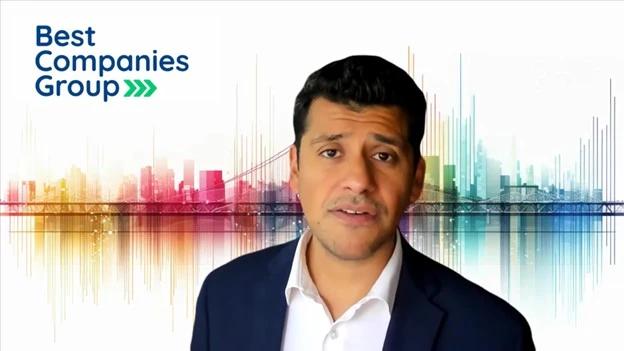 Pat Jones Pat Jones |
As the deadline neared (and passed) for my column, I came up with a brilliant idea: I’ll post a question on Facebook and get all sorts of great comments from superintendents to validate an important point I’d like to make. The quotes will flesh out my column nicely and I’ll throw a few witticisms in and, voila!, instant column! So, which question of import should we explore though this noble experiment on Facebook? As I thought, I got a call from a superintendent I’ve known many years. He was wondering about blogging and some communications strategies he wanted to start at his club. We talked and, almost as an afterthought I said, “Don’t forget to run this past your green chairman.” He laughed and said, “We don’t really even have one anymore. They trust me and none of the members want to commit the time to do the job. It’s perfect!” Thus I found the “what?” As in, “What role do green chairman and green committees still play these days in an era when clubs have a hard time finding volunteers and superintendents have come into their own in terms of respect within the club?” So, I posted a question exactly like that on Facebook. More specifically, I posted it on a “closed group” page consisting of a bunch of top-end superintendents and agronomists who were invited by another legendary industry figure to join the page. In short, the unwritten rule is what you say there stays there. It’s the Vegas of Facebook. I, of course, bent that rule by telling folks I’d only attribute their responses to them if they really wanted me too. Most people didn’t and I’ve characterized their comments generally below. Most disagreed with my basic premise and asserted a good green committee can be a tremendous asset for a capable, confident superintendent: “They will be very valuable…with communication as we embark on a master plan and remodeling.” The green committee should spread information about your program and plans. “Many clubs have committees that overreach their golf business skills set.” Conversely, the age-old problem that they don’t understand the maintenance department well enough to effectively oversee it. “Green committees are a necessity…to avoid a dictatorship.” They can create a membership buffer between the superintendent and those one or two strongminded individuals who want the course to be their own. So, the general tone was that committees are still a necessary evil in the world of private clubs, but they have to be structured well for two-way communication and preventing poor decisions from being inflicted on the superintendent or on the membership. So, the “off-the-record” portion was interesting, but not spectacularly different from what I expected. However, there was one fellow who didn’t mind being quoted one bit. I refer to George Thompson, one of the grand old greenkeepers of the Carolinas. He still teaches and dabbles with consulting, but he no longer has any skin in the game when it comes to questions of club politics. Here’s what he had to offer on the question of the relevance of green committees: “I have worked with or for more than 20 green committees with more than one-hundred individual personalities. The club’s success depends on how well the superintendent and the committee chair communicate. It is very important that the chairman understand how complicated our business can be and that they try to get a grasp of what course management is all about. “I still believe in committees, as painful as they can be at times. The (green) chairman must have at least the same status as the golf committee chairman and the green chairman must play the course regularly in order to feel the pulse of the members and pass comments and criticisms down the line in a constructive way. “My best chairman helped me set up maintenance standards which were acceptable to our members and got out of my way and let me manage the course and implement the standards. We always kept the line of communications open with emails and periodic meetings. “In spite of the potential problems with committees, I would rather take my chances with them than with a glorified food manager-type GM whose tenure is about three years.” So, from Facebook – a new technology – comes the wisdom of someone who’s most definitely old-school. Yet Thompson’s words ring true. Committees are still an active and viable part of the world of many private club superintendents today. And managing them – or managing around them – continues to be an integral part of the job description for thousands who work in that environment. |

Explore the April 2011 Issue
Check out more from this issue and find your next story to read.
Latest from Golf Course Industry
- Editor’s notebook: Green Start Academy 2024
- USGA focuses on inclusion, sustainability in 2024
- Greens with Envy 65: Carolina on our mind
- Five Iron Golf expands into Minnesota
- Global sports group 54 invests in Turfgrass
- Hawaii's Mauna Kea Golf Course announces reopening
- Georgia GCSA honors superintendent of the year
- Reel Turf Techs: Alex Tessman





